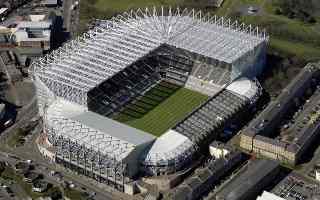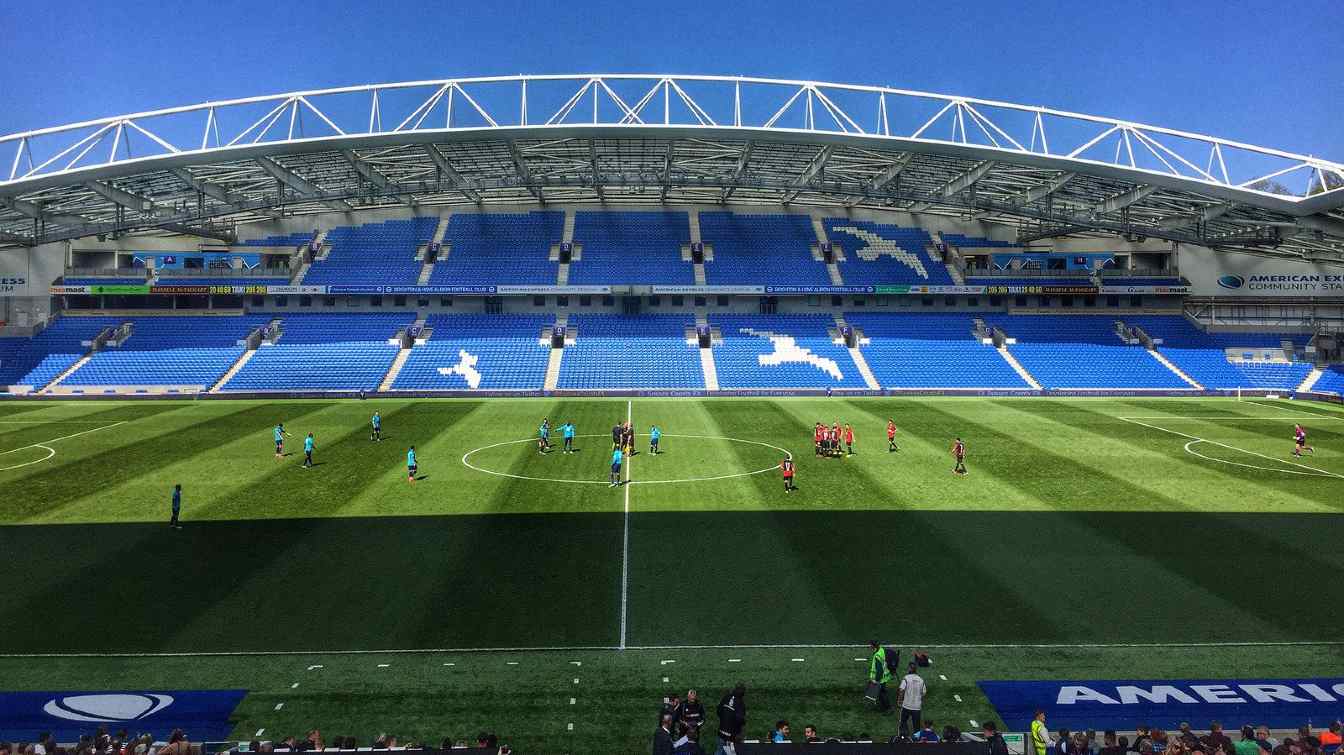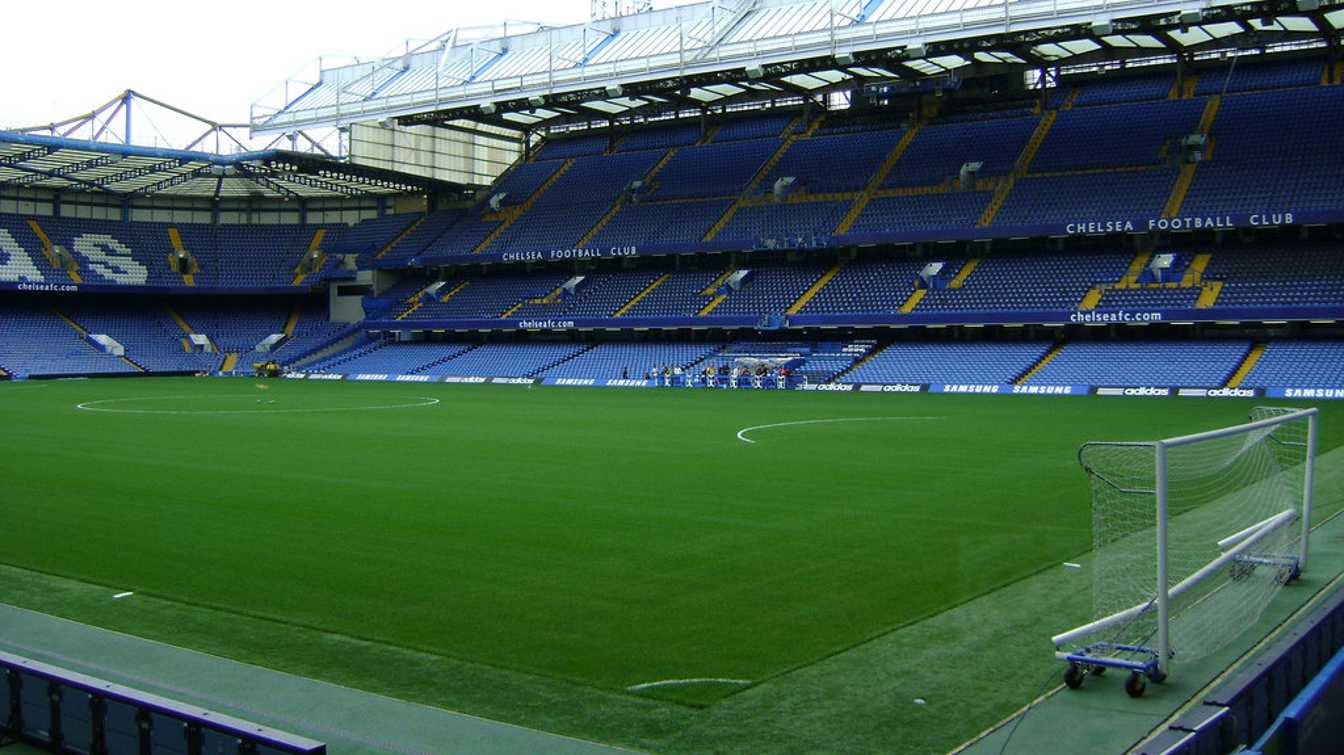England: Will government introduce new rules on stadium sales?
source: StadiumDB.com; author: Paulina Skóra
 The government is preparing to grant powers to an independent regulator that will prevent Premier League clubs from selling their stadiums to affiliated companies or third parties.
The government is preparing to grant powers to an independent regulator that will prevent Premier League clubs from selling their stadiums to affiliated companies or third parties.
Advertisement
Unified rules for the top five leagues
In June, the Premier League attempted to close a loophole that allowed clubs to use one-off profits from property sales to avoid charges under profitability and sustainability rules. However, they failed to gain enough support from clubs. 11 out of 20 clubs voted for the league’s proposal at their annual general meeting last summer, three votes short of the two-thirds majority required to secure a rule change. Stadium sales to related companies are already prohibited by the English Football League (EFL), and now the government is set to empower the regulator to impose similar restrictions in the top tier.
Under the proposals set to be included in the Football Governance Bill—covering the top five divisions in men’s English football—any club wanting to sell its stadium will need approval from the independent regulator. Sources with knowledge of the bill being prepared by the Department for Culture, Media and Sport (DCMS) told The Guardian that such requests will only be granted if the club can demonstrate it is in its long-term best interest and has the support of its fans. The government is determined to use the bill to protect clubs and their grounds as community assets. Other measures will include safeguards against clubs trying to relocate.
 © Stuart Noel Fuller | American Express Stadium (Falmer Stadium)
© Stuart Noel Fuller | American Express Stadium (Falmer Stadium)
Will the rules prevent circumvention of Financial Fair Play?
DCMS officials are in the final stages of preparing the latest version of the bill, which was introduced to Parliament by the previous government in April but didn’t make it into law before the general election. The new bill is expected to contain significant changes, with many Labour MPs pushing for the independent regulator to have the power to set the level of parachute payments. What are they? The Premier League distributes a formulaically derived financial payment to each English Football League (EFL) club every season. There are two mechanisms with which funds are calculated and distributed; these are known as Parachute Payments
and Solidarity Payments.
The payments are linked to the value of the Premier League's broadcasting rights. It is believed that Culture Secretary Lisa Nandy supports including this in the scope of the Whole Game Review,
which the independent regulator will be required to undertake.
The bill will give the regulator protective powers to impose a financial settlement between the Premier League and the EFL, whose talks are currently deadlocked. In March, Premier League clubs paused negotiations on additional funding to focus on agreeing to new financial regulations. The need for further Premier League rule changes following the arbitration ruling in Manchester City’s legal dispute this month has made the likelihood of concluding the so-called new football deal with the EFL seem even more remote. DCMS declined to comment.
 © Patrick Hendriksen (cc: by-nc) | Stamford Bridge
© Patrick Hendriksen (cc: by-nc) | Stamford Bridge
Aston Villa sold Villa Park to a company controlled by their owners, Nassef Sawiris and Wes Edens, for £56.7 million four years ago, without which the club, then in the Championship, would almost certainly have been charged by the EFL with breaching fair play rules. Sheffield Wednesday, Derby, and Reading have also sold their grounds in recent years to circumvent EFL FFP rules. Last year, Chelsea sold two hotels at Stamford Bridge to a sister company due to the Payment Systems Regulator (PSR). However, the government’s plans would currently only apply to stadium sales.
Advertisement
 StadiumDB
StadiumDB